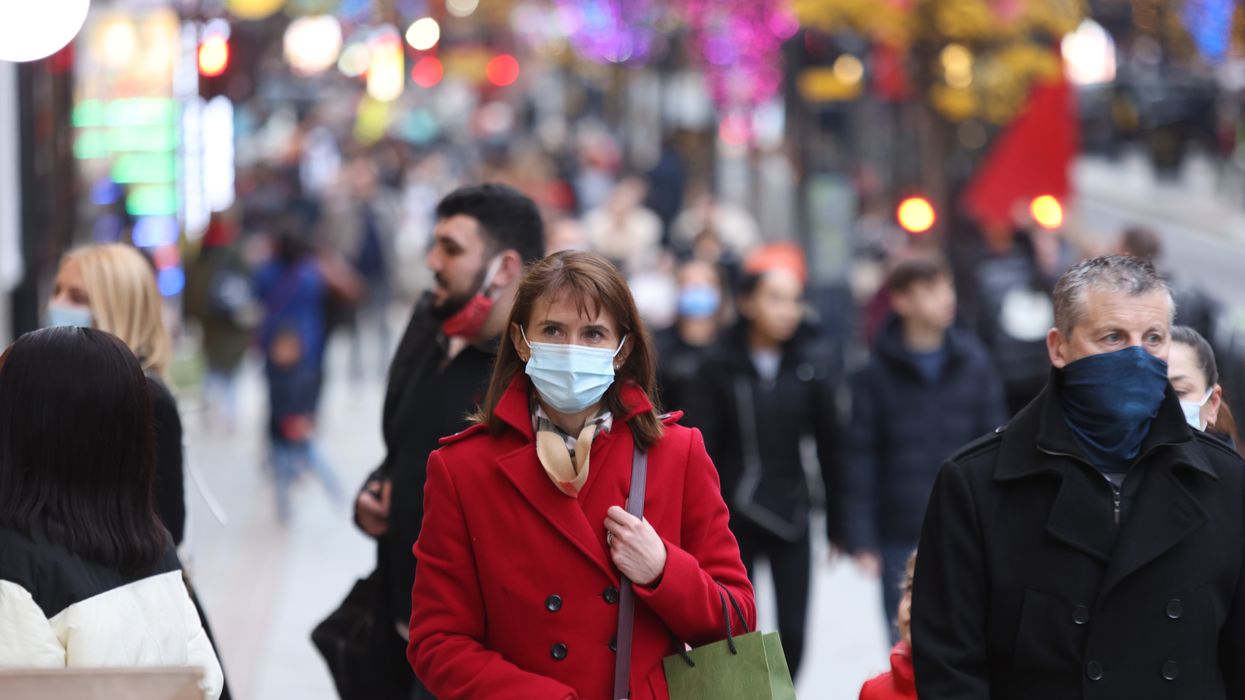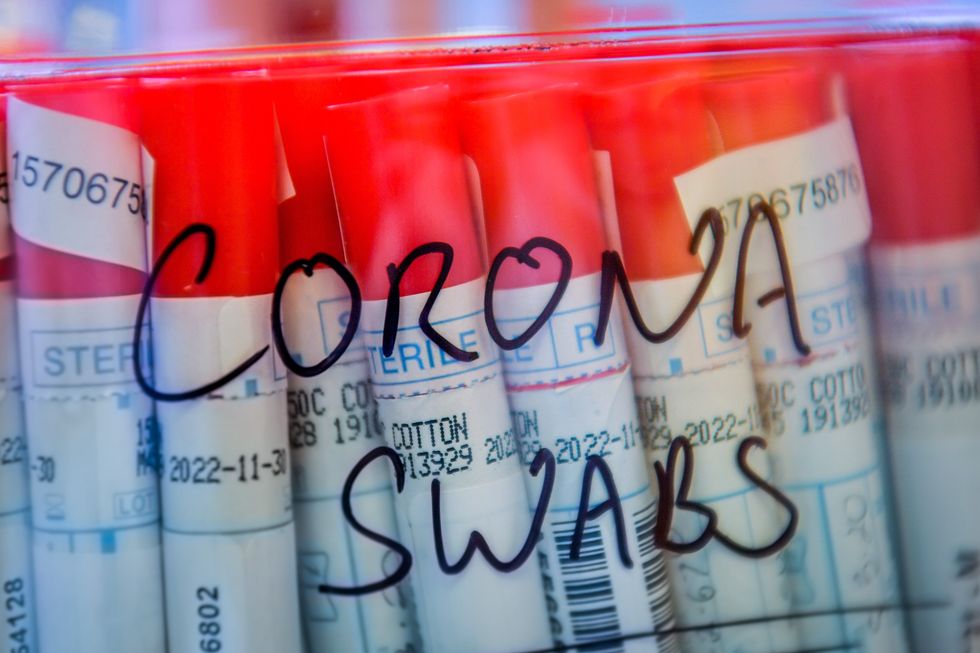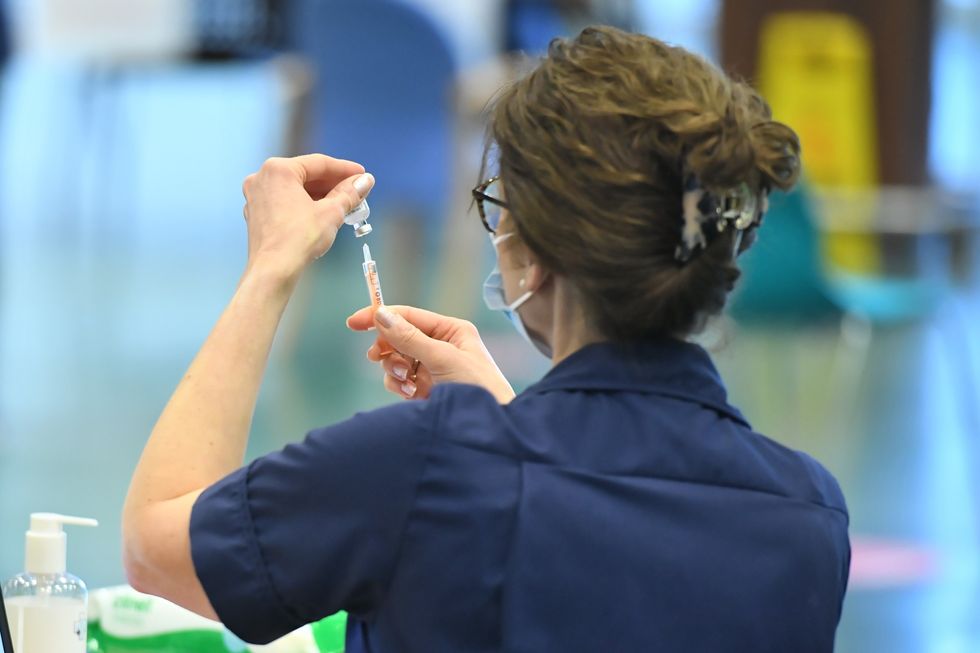
The WHO have classified the variant as "currently circulating under monitoring"
PA
Three cases of the new strain have been detected worldwide
Don't Miss
Most Read
Trending on GB News
A new Covid variant is now being considered the “real deal” by World Health Organisation (WHO) officials who are monitoring it closely.
The new variant, dubbed BA.X online, is now classified as a “currently circulating variant under monitoring” by WHO.
BA.X was allegedly first found in Denmark and Israel and later, another case was found in the US.
No cases have been found in the UK yet, though scientists claim that it could already be here if it is as extremely transmissible as initially feared.

Some scientists suspect it will be in the UK soon
PA
There are currently only three cases of the strain that have been detected worldwide.
Scientists know these three instances are all the same virus because of the mutations that they have.
Maria Van Kerkhove, an epidemiologist from WHO said there was limited information available on BA.X.
She posted on social media: “Surveillance, sequencing and Covid-19 reporting critical to track known and detect new variants.”
Denmark said they were in the process of assessing the new strain to see what possible threats it might pose.
The Statens Serum Institute, a medical laboratory in Denmark, said that there is no indication that the new variant can cause severe illness.
In the US, the first case was detected by a lab at the University of Michigan, CBS news reported.
The US Centers for Disease Control and Prevention (CDC) said they were tracking the newly discovered strain.
Scientists are concerned about BA.X’s collection of mutations.
LATEST DEVELOPMENTS

No cases have been found in the UK yet, though scientists claim that it could already be here if it’s extremely transmissible as initially feared
PA
Professor Paul Hunter, an infectious disease specialist, said it most likely in the UK, saying “if It isn’t now, then it probably very soon will be”.
Some scientists believe it is a necessity for lockdown measures to be introduced, including the return of mask-wearing, to slow down the spread.
Dr Trisha Greenhalgh, an expert in primary care from the University of Oxford, tweeted: “It looks like it's once again time to MASK UP".
However, others say it is too early to enforce such rules, pointing to our immunity levels being high due to exposure to Omicron.
T. Ryan Gregory, a Canadian evolutionary biologist, labelled the new strain as “interesting and potentially concerning”, though said it was too early to tell if it would spread rapidly.








